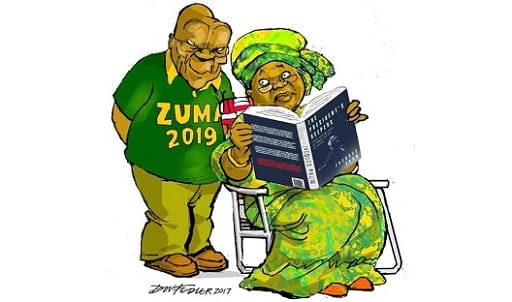
“May you live in interesting times” goes the old Chinese curse. The daily headlines of political controversy, state capture and corruption must make even the most sceptical among us think our country is under an evil hex. Book publishers and bookshops might question that stance, however, thanks to a number of riveting reads that have come out recently on the state of our dear nation.
Bad news sells, so it seems.
The crowd that pitched up to the launch of Jacques Pauw’s new book showed that investigative journalists are the new (local) rock stars. Copies of The President’s Keepers have been flying off the shelves and those who haven’t read it yet will no doubt use some spare time at the beach, farm or just the couch at home, to delve into it.
As this year’s Books for the Beach edition shows, however, there are lots of other quality South African books on the state of our nation that are also worth a read. Read our main article for some ideas for reading over these holidays.
We would like to wish our clients a peaceful holiday season and a healthy, prosperous 2018.
Holiday reads
This year’s edition has a distinctly South African flavour – and for good reason. South African non-fiction authors have been especially prolific this year, and they’ve certainly had enough material to draw on, thanks to the state of our politics. The unfortunate thing, of course, is that it has taken a very difficult period in our country’s history to produce such an output of page-turners.
The good news is that it has provoked a great deal of reading by the South African public that (we hope!) persists once our great country has managed to work its way through the current round of troubles. So we are happy to devote most of this year’s edition to many excellent reads on South African current affairs.
We’re pleased to feature some great reads by the rest of the world’s top authors too, with our focus remaining on the non-fiction side of things. Most of these books are available in leading bookshops, online, or in the smaller independent bookshops around the country – which could do with your support! Here’s to pleasant reading over the year-end.
About the author

Patrick Lawlor
Editor
Patrick writes and edits content for Investec Wealth & Investment, and Corporate and Institutional Banking, including editing the Daily View, Monthly View, and One Magazine - an online publication for Investec's Wealth clients. Patrick was a financial journalist for many years for publications such as Financial Mail, Finweek, and Business Report. He holds a BA and a PDM (Bus.Admin.) both from Wits University.
